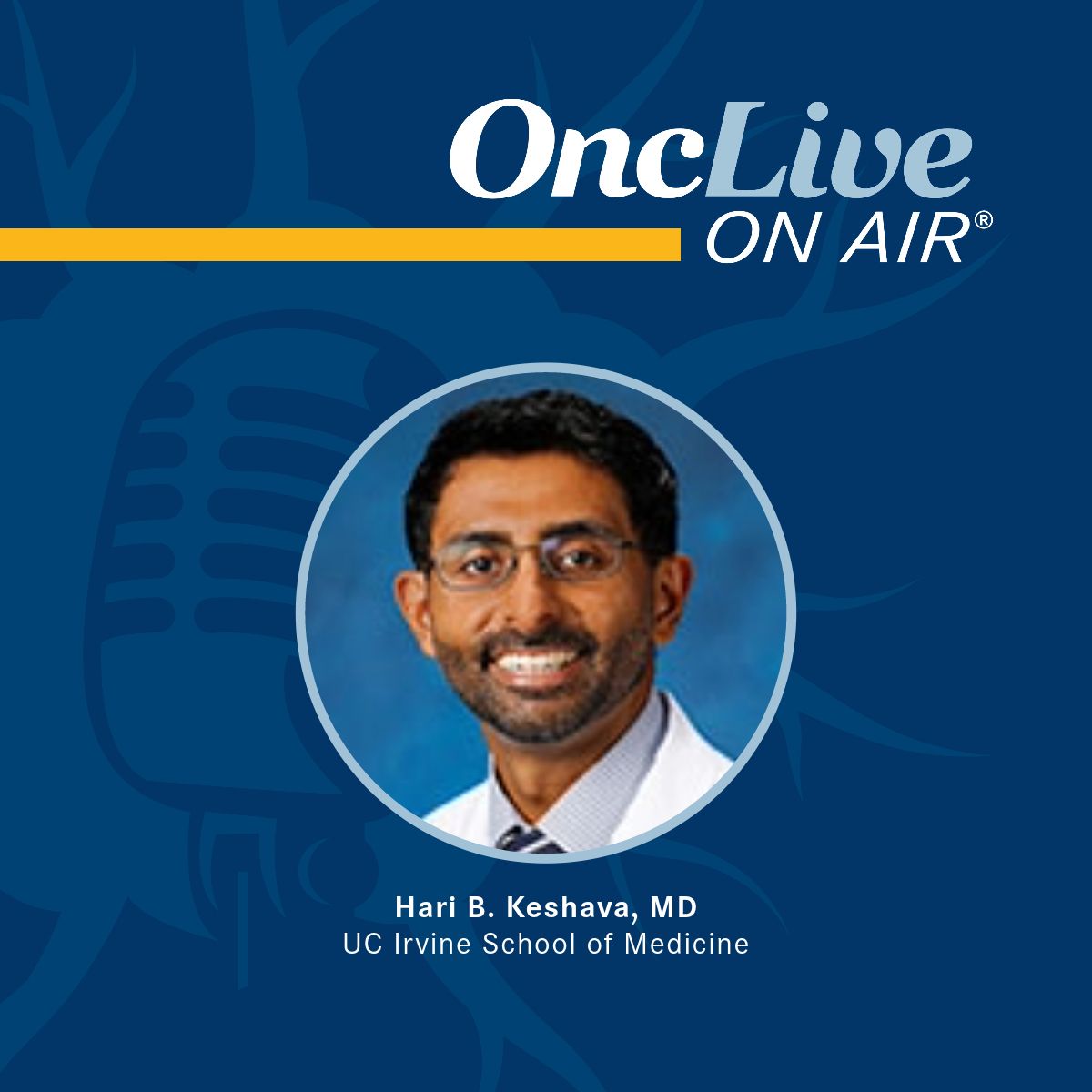Video
Dr. Reckamp on Pivotal Data in METex14-Altered NSCLC
Author(s):
Karen L. Reckamp, MD, MS, discusses pivotal findings with the highly selective MET inhibitors, tepotinib and capmatinib in patients with MET exon 14-altered advanced non–small cell lung cancer.
Karen L. Reckamp, MD, MS, discusses pivotal findings with the highly selective MET inhibitors, tepotinib and capmatinib in patients with MET exon 14-altered advanced non—small cell lung cancer (NSCLC).
In the VISION study, tepotinib demonstrated a median progression-free survival (PFS) of 9 to 12 months in this patient population, according to Reckamp, adding that this is very comparable with frontline chemotherapy plus immunotherapy or immunotherapy alone in patients with high PD-L1 expression. Reckamp believes tepotinib looks to be a potential first-line treatment for patients with MET exon 14-altered advanced NSCLC.
In the GEOMETRY study, capmatinib showed a 68% response rate in the frontline setting and a median PFS of 9.6 months, according to Reckamp. In these patients, there was a 50% response rate in the brain for patients who had measurable disease in the brain.









